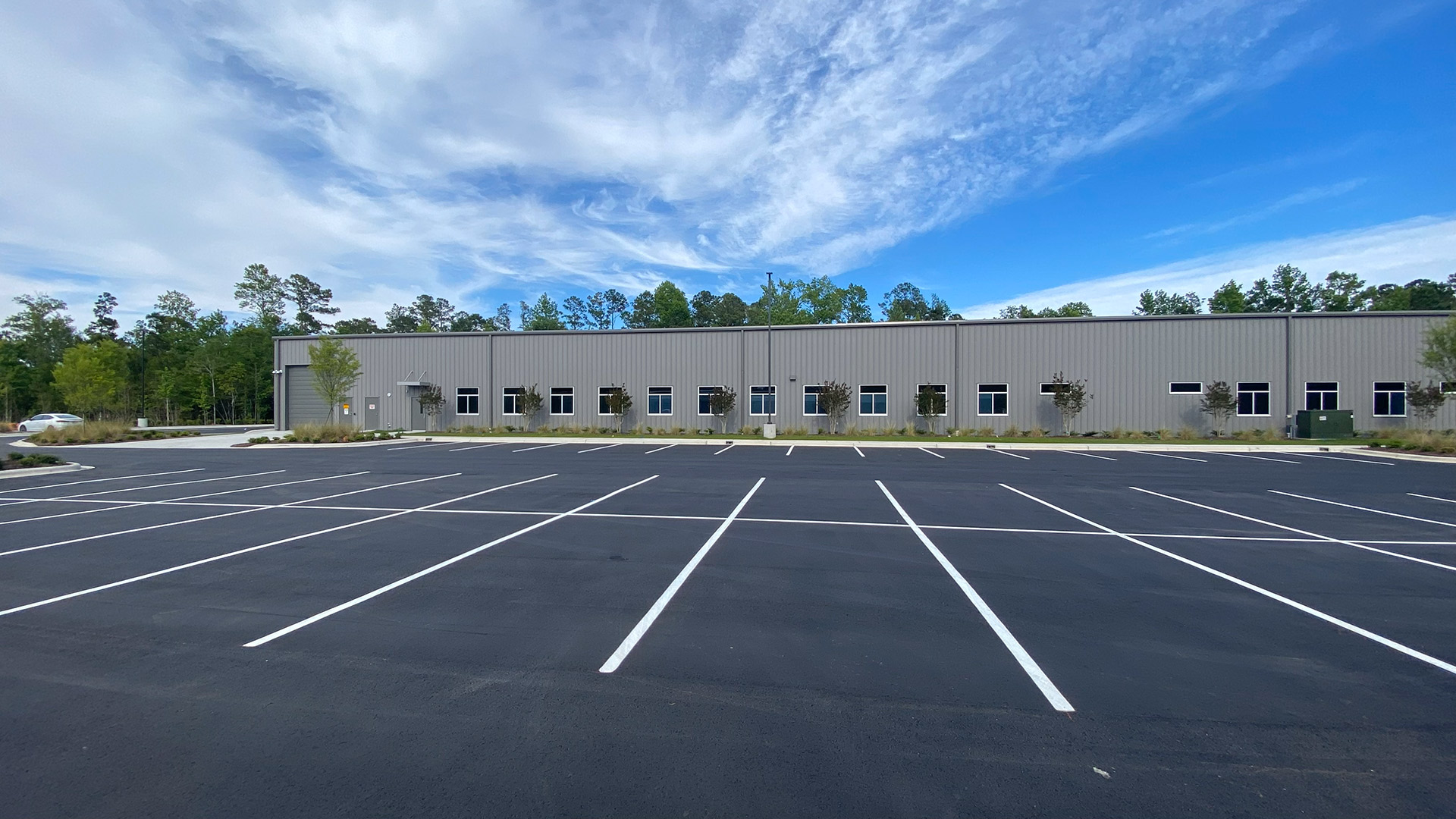The global steel and aluminum tariffs imposed by the Trump Administration are set to take effect on March 12, 2025. These tariffs are expected to have a significant impact on the U.S. metal building industry, leading to increased material costs, supply chain disruptions, and higher overall project expenses for general contractors and builders.
What Are the Tariffs and Why Were They Imposed?
The Trump Administration imposed tariffs on steel and aluminum in an effort to strengthen U.S. manufacturing by reducing reliance on foreign imports. While this policy is intended to protect domestic industries, the reality is more complex. As a result of the 25% tariff, steel mills have increased their prices to offset the rising production costs due to the inevitable increase in demand. Consequently, this price hike is passed on to consumers and businesses, effectively raising costs across a number of industries that depend on these materials.
What to Expect
Rising Material Costs
One of the most immediate effects of these tariffs will be a sharp increase in the cost of steel and aluminum. For general contractors and builders who rely on these materials to construct metal buildings, this will mean a rise in overall project expenses. A 25% tariff on imported steel and aluminum is expected to push up material costs, which were already high as a result of the of previous tariffs implemented in 2018. (Steel prices saw an increase of 20-30%, and aluminum prices went up by 10-15%.) Given the large volume of steel and aluminum required for metal buildings, these price hikes could significantly affect project budgets, leading to higher costs for clients and greater financial pressure on contractors.
Supply Chain Disruptions
The tariff's impact goes beyond just price increases—it could also disrupt global and domestic supply chains. For general contractors and builders, this could translate to longer lead times for materials like steel beams, panels, and roofing components. Construction schedules may experience delays as manufacturers may face difficulties obtaining materials in a timely manner. This can cause a ripple effect throughout the entire construction process, leading to project timeline extensions and potential cost overruns.
Pressure on Domestic Suppliers
While the tariff is intended to benefit U.S. manufacturers by reducing competition from cheaper foreign imports, there’s a significant challenge—domestic production may not be able to keep up with the demand for steel and aluminum in the short term. U.S. manufacturers may struggle to expand their capacity quickly enough to meet the increased demand created by the tariffs. As a result, the metal building industry could face limited availability of materials. Smaller U.S. manufacturers in particular may find it difficult to manage these increases, making it harder for general contractors and builders to source cost-effective materials.
Increased Project Costs for Builders and General Contractors
With the combination of higher material costs and supply chain disruptions, general contractors and builders will likely face increased project costs. The price of steel and aluminum will directly impact construction budgets, and builders may need to adjust their quotes for clients to cover the rising costs. In the worst case, some smaller or mid-sized builders may have to absorb these costs, which could negatively affect their profitability. For large-scale commercial and industrial projects, these increased costs could result in a substantial increase in the total project cost, making it more difficult for developers to stay within their original budgets.
Potential for Delayed Construction Projects
In addition to higher material costs, delays in material availability due to supply chain disruptions could extend project timelines. As general contractors and builders face longer lead times for steel and aluminum products, some projects may be delayed or face scheduling complications. For builders with tight deadlines or clients with specific timelines, these delays could create significant logistical challenges. This could also result in higher labor costs if construction teams are forced to remain idle while waiting for critical materials to arrive.
What Can General Contractors and Builders Do?
General contractors and builders can take proactive steps to manage the challenges created by the steel and aluminum tariffs and mitigate their impact on projects. Here are a few strategies that may help:
Start Projects Early: Anticipating potential material delays, it’s wise to begin projects earlier to ensure that materials are sourced and delivered in time. This can help avoid delays as suppliers face longer shipping times and backlogs.
Stay Informed and Monitor Price Trends: As tariffs take effect, steel and aluminum prices may fluctuate. By staying informed about price trends and being proactive in negotiating with suppliers, general contractors and builders can better manage material costs and adjust project budgets accordingly.
Negotiate with Clients: General contractors and builders should communicate openly with clients about potential price hikes and delays due to the tariffs. Transparent discussions can help manage expectations and ensure clients are aware of the challenges ahead. This can also provide an opportunity to renegotiate timelines and budgets if necessary.
We are Here for You Every Step of the Way
At Aegis, we understand the challenges that come with navigating this situation. Our commitment to exceptional customer service means we're here to guide you through these uncertain times. We believe in building strong partnerships with our customers, and we are dedicated to providing the support and resources you need to successfully navigate these changes. Together, we can adapt, plan ahead, and continue delivering high-quality projects -despite the obstacles.
If you have any questions or need further assistance, we're here for you every step of the way. Contact your Aegis representative for questions or email Tariffinquiries@Aegismetal.com.



